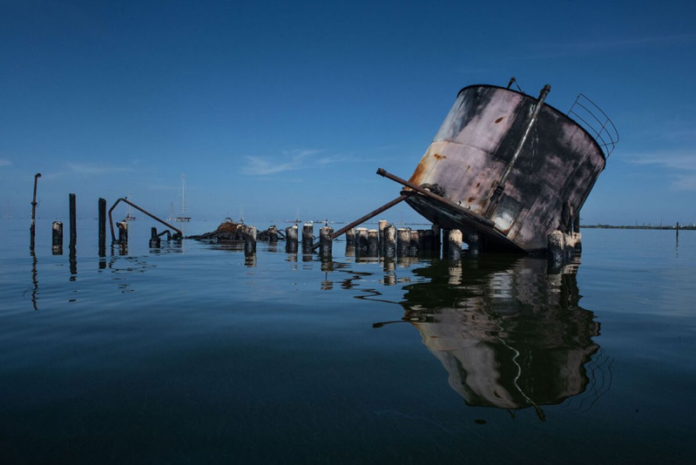Abstract
-
Venezuela’s oil industry faces increasing criminal activity, hindering its recovery.
-
Theft from pipelines and corruption are major issues.
-
The regime’s lack of investment and international sanctions have further devastated the industry.
-
The oil industry’s recovery is considered crucial for Venezuela’s economic revival.
-
Organized crime and corruption pose significant threats to this recovery.
-
The article explores these challenges in detail.
Venezuela’s oil industry, once a powerhouse on the global stage, is now a shadow of its former self, plagued by theft, corruption, and the dictatorial regime’s mismanagement. The recent uptick in oil production is marred by an escalating wave of criminal activities that threaten any potential recovery.
The Rising Tide of Fuel Theft
In the past few months, the state oil company, Petróleos de Venezuela (PDVSA), has been grappling with a surge in attempted thefts from pipelines. These pipelines, vital arteries of the country’s fuel distribution network, are being systematically targeted by criminal gangs. The situation has escalated to such an extent that five of the country’s 17 fuel distribution plants have been paralyzed due to these illicit activities.
Fuel theft has become a significant problem for PDVSA, with criminal networks siphoning off as much as 30% of the fuel destined for certain regions of the country. The situation is particularly dire in states far from the capital, Caracas, where oil sanctions and a lack of investment in refineries have already created a gasoline shortage.
Corruption: The Silent Killer of the Oil Industry
The oil industry’s woes are not limited to theft. Corruption, a malignant tumor in the heart of the industry, has been a persistent issue since the early 2000s when the dictator Hugo Chávez nationalized the country’s oil production. This lack of transparency, a hallmark of Chávez’s economic management, has been perpetuated by his successor, the dictator Nicolás Maduro.
Embezzlement scandals have rocked the industry, with billions of dollars siphoned off by corrupt officials. The most notorious case involved Rafael Ramírez, a close associate of Chávez, who was accused of embezzling some $11 billion while serving as oil minister and president of PDVSA. This culture of corruption has allowed criminal gangs to dismantle PDVSA oil facilities and sell the stolen parts for scrap metal, further impeding the industry’s recovery.
The Extortion Industry: A New Threat
In addition to theft and corruption, extortion has emerged as a significant threat to the oil industry. As a result of the pandemic and de facto dollarization, extortion has become one of the main criminal economies in Venezuela. This has led to a climate of fear and uncertainty, deterring investments from international oil companies concerned about security.
Conclusion
The recovery of Venezuela’s oil industry is crucial for the country’s economic revival. However, the escalating wave of theft, corruption, and extortion poses significant challenges. The key to overcoming these threats lies in ending the sanctions on Venezuela, improving electricity infrastructure and staff remuneration, and enhancing security in the oil fields.









